Following years of price hikes, sewage spills, missed performance targets and financial irregularities, Labour MP Clive Lewis wants to see water companies brought back under public ownership.
Privatisation Has “Failed”
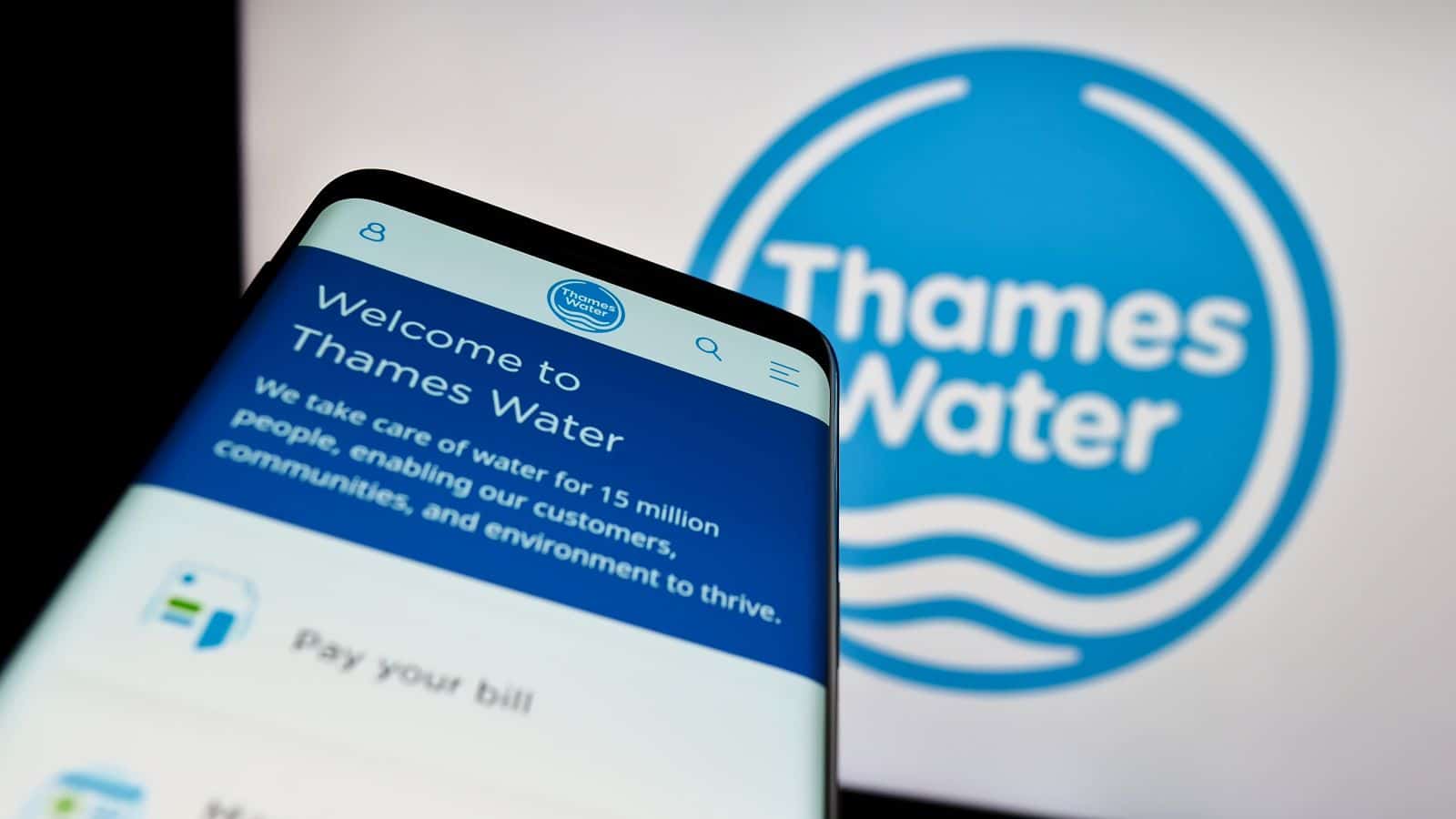
Clive Lewis, the Labour MP for Norwich South, has said the water industry should be brought back under public ownership following its serial failures since privatisation.
Infrastructure a Concern
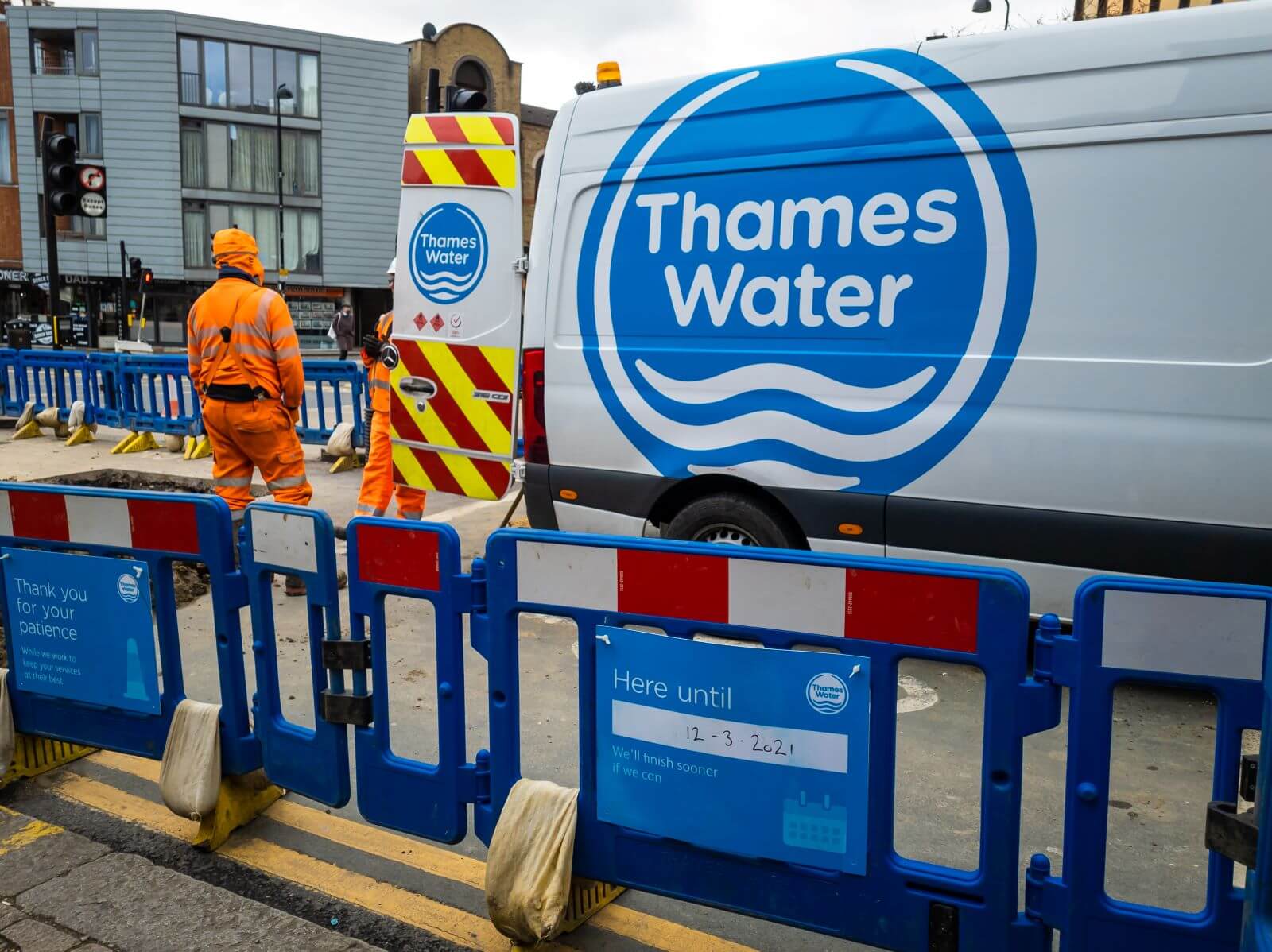
One particular concern for Lewis is the lack of infrastructure the water companies have built to cope with a changing climate and water levels. As a result, there have been many significant floods causing huge damage across the country.
Country Is Wetter

The Met Office website says: “The latest State of the UK Climate report indicates the UK has become wetter over the last few decades, although with significant annual variation. 2011-2020 was 9% wetter than 1961-1990.”
Water Infrastructure Development Not Keeping Pace

Despite this increase, there are concerns not enough has been done to cope with the extra water. Flooding causes people to lose homes, livelihoods and even their lives.
Water Industry Chiefs Under Pressure
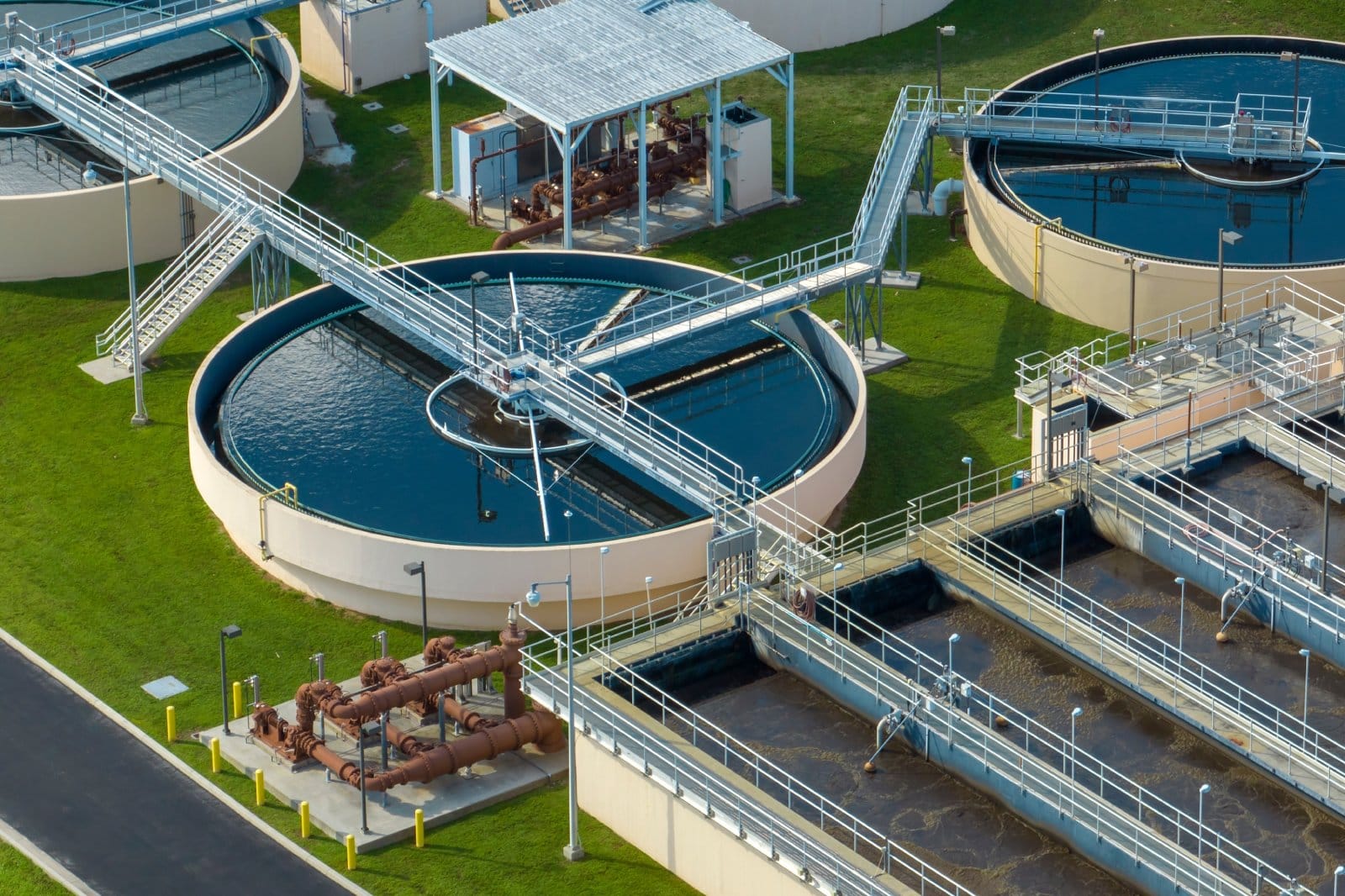
MPs are due to question water industry representatives and the industry regulator Ofwat. The Environmental Audit Committee (EAC) will ask for clarity on the steps and progress the industry is making to deal with sewage pollution in our waterways and coasts.
Pollution Getting Worse
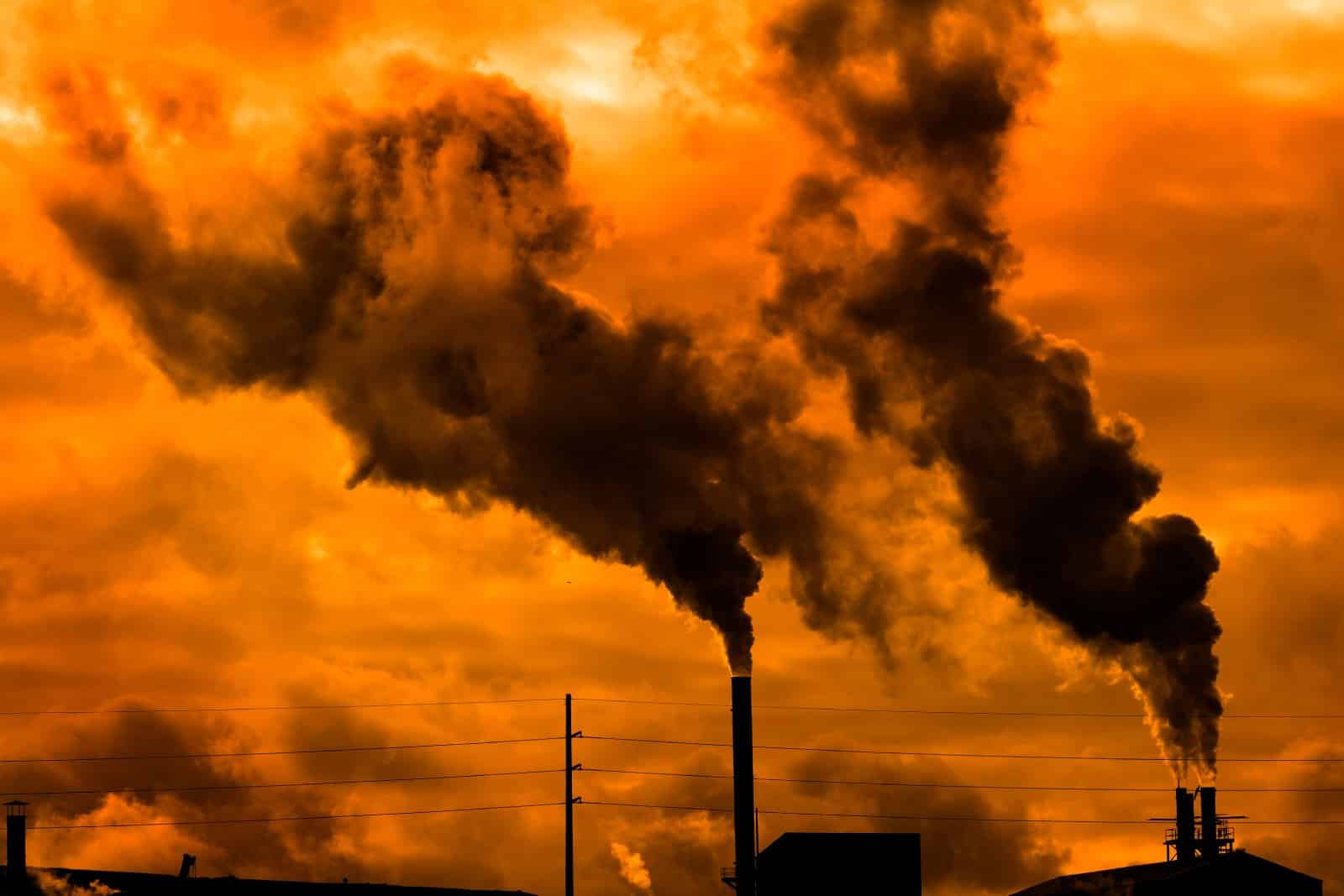
Figures released by the Environment Agency show that Discharges of untreated sewage doubled in a year. In 2022, 1.8 million hours of untreated sewage was pumped into our waterways, rising to a record 3.6 million in 2023.
Issues Stem from Lack of Sewage Treatment Capacity

Analysis of the data showed a lack of maintenance and serious capacity issues in treatment facilities, which allowed huge amounts of untreated sewage to enter our waterways.
More Questions Arise From Figures

Knowing there was a problem, many would like to know why cash hasn’t been invested in increasing capacity, bolstering maintenance budgets, and monitoring risk instead of paying dividends.
Yet Bills Rise 11.5%

All of this is against the backdrop of rising prices. The Ofwat price cap rose by 11.5% from April 2024. The water companies are failing the country more than ever, yet we’re paying a premium for them to do so.
Thames Water Wants to Raise Prices Even Further
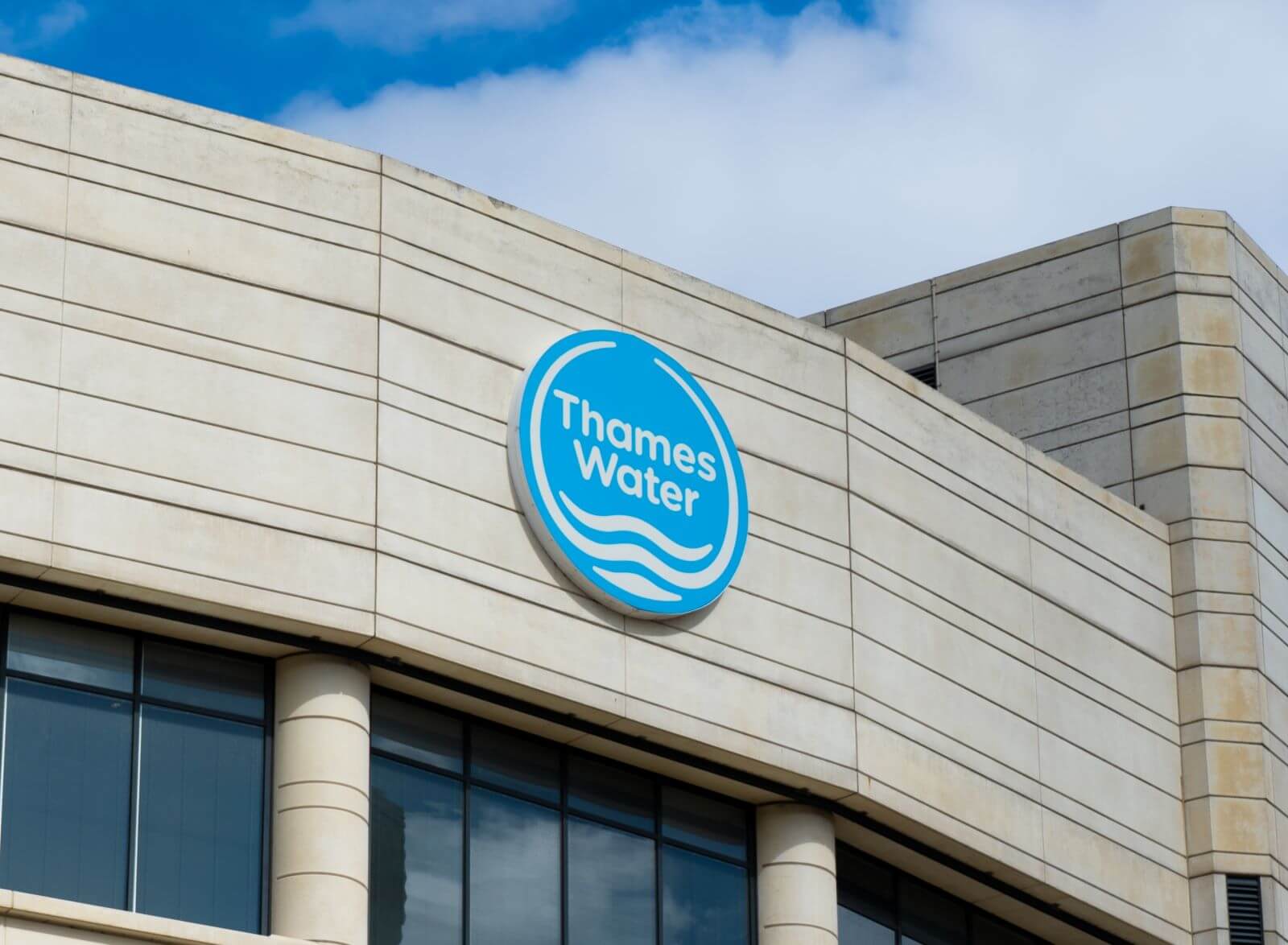
In a bid to keep the company afloat, Thames Water has asked Ofwat whether it can raise water bills by a whopping 40%. It has also asked whether it can avoid high fines for pollution so it can secure equity funding to maintain operations.
Deliver Terrible Service, It Doesn’t Matter
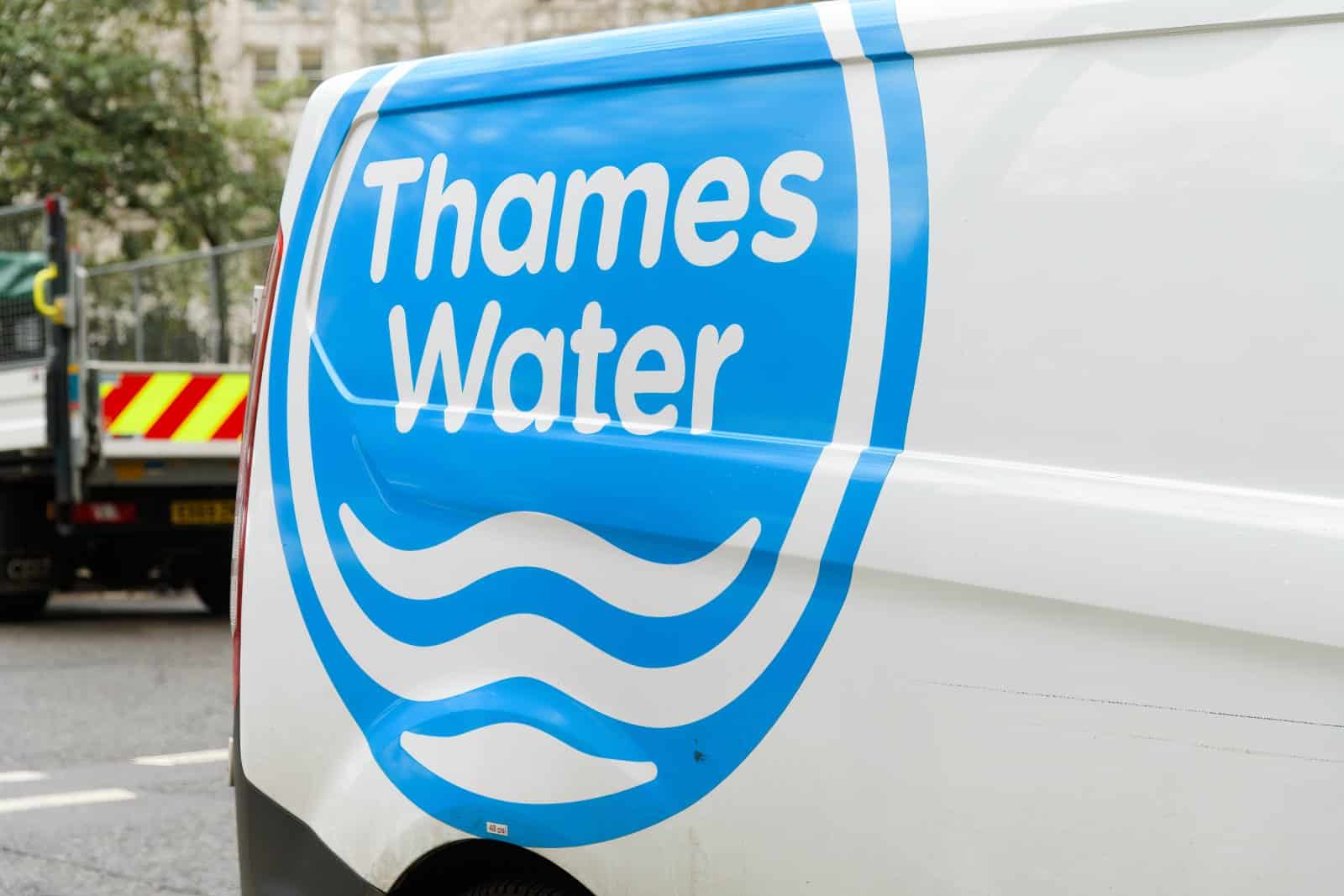
The concern is that it could set a precedent. It would allow them to go largely unpunished for their dreadful financial management, leave the shareholders with heavily-lined pockets, and get away with polluting waterways for years.
Water Company Finances a Mess

Clive Lewis highlighted the scale of the financial irregularities. He said: “Water companies in England have incurred debts of £64bn and paid out £78bn in dividends since they were privatised, debt-free, in 1989.”
Rewarding Poor Performance

He continued: “Water companies paid out £1.4bn in dividends in 2022 even as 11 of them were fined in the same year for missing performance targets.”
Questions Over Dividend Cash

Typically, UK law dictates that dividends can only be paid from retained profits, so several questions surround how water companies with spiralling debts can keep paying out millions of pounds in dividends.
Tourist Areas Worried
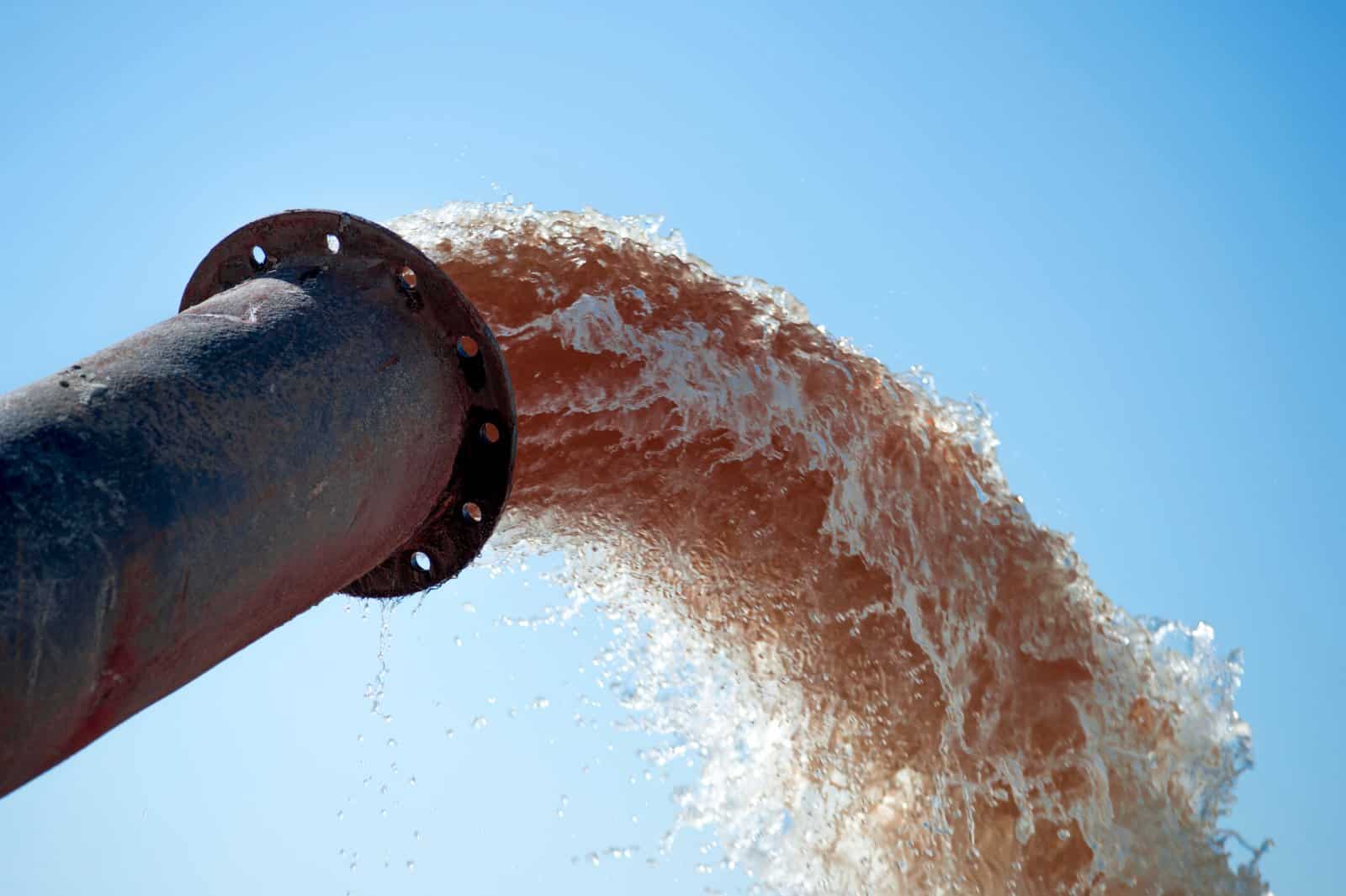
Recent spills in popular tourist areas such as Lake Windermere, Blackpool, Brighton, Weston-Super-Mare, Cowes, and others could spell disaster as the tourism season gets underway. If there’s a sewage spill, people will actively avoid these areas.
Campaigners Want to See Action

River Action CEO James Wallace said, “The scale of the discharges by water companies is a final indictment of a failing industry.”
Wallace Critical of Ownership

He continued, “Rather than investing in future-proofing their infrastructure, fixing leaky pipes, upgrading wastewater treatment plants, these international businesses have plundered our most precious natural resource, freshwater.”
Water Industry Beginning to Acknowledge the Issues
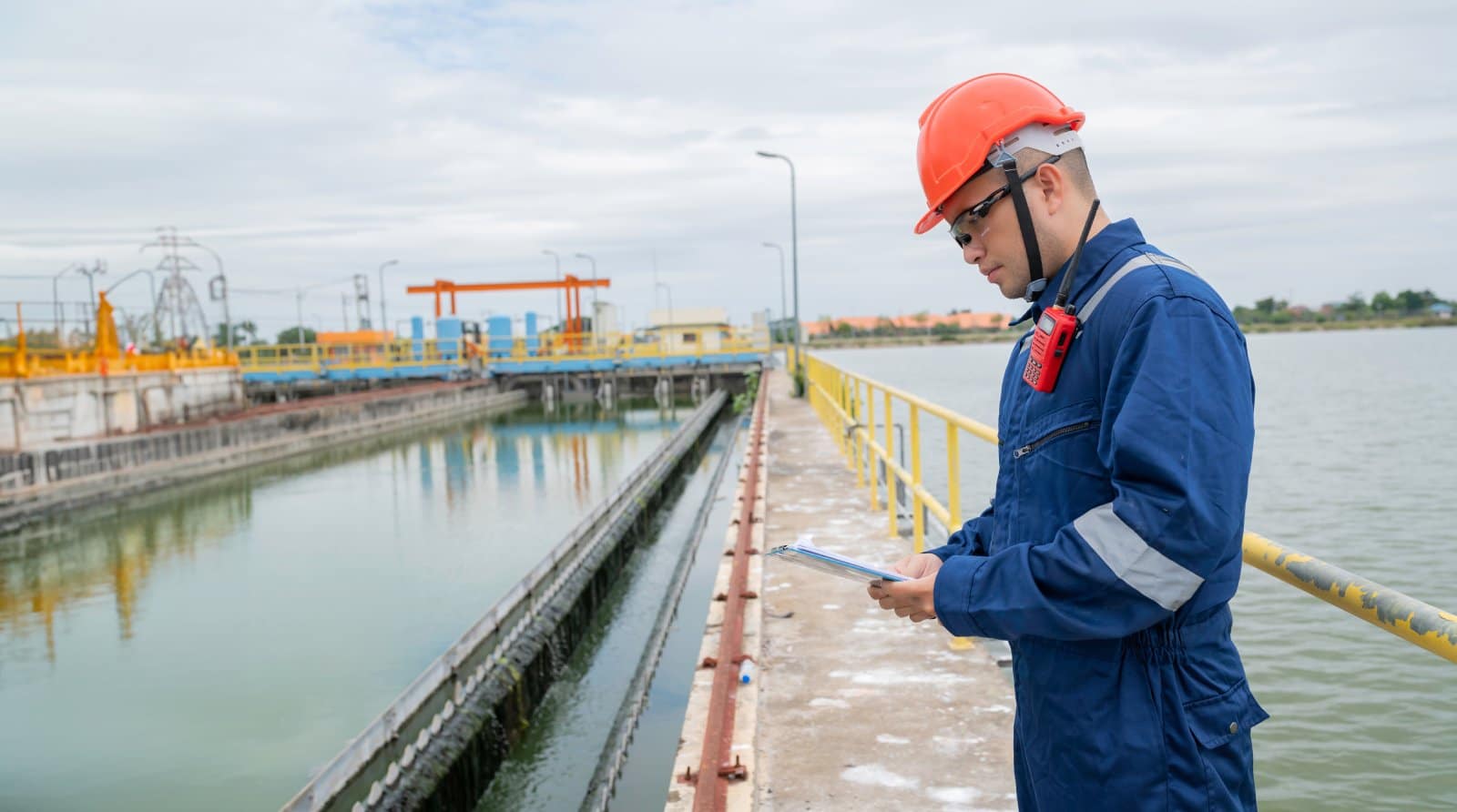
Industry body Water UK said: “These results are unacceptable and demonstrate exactly why we urgently need regulatory approval to upgrade our system so it can better cope with the weather.”
Less Talk, More Action
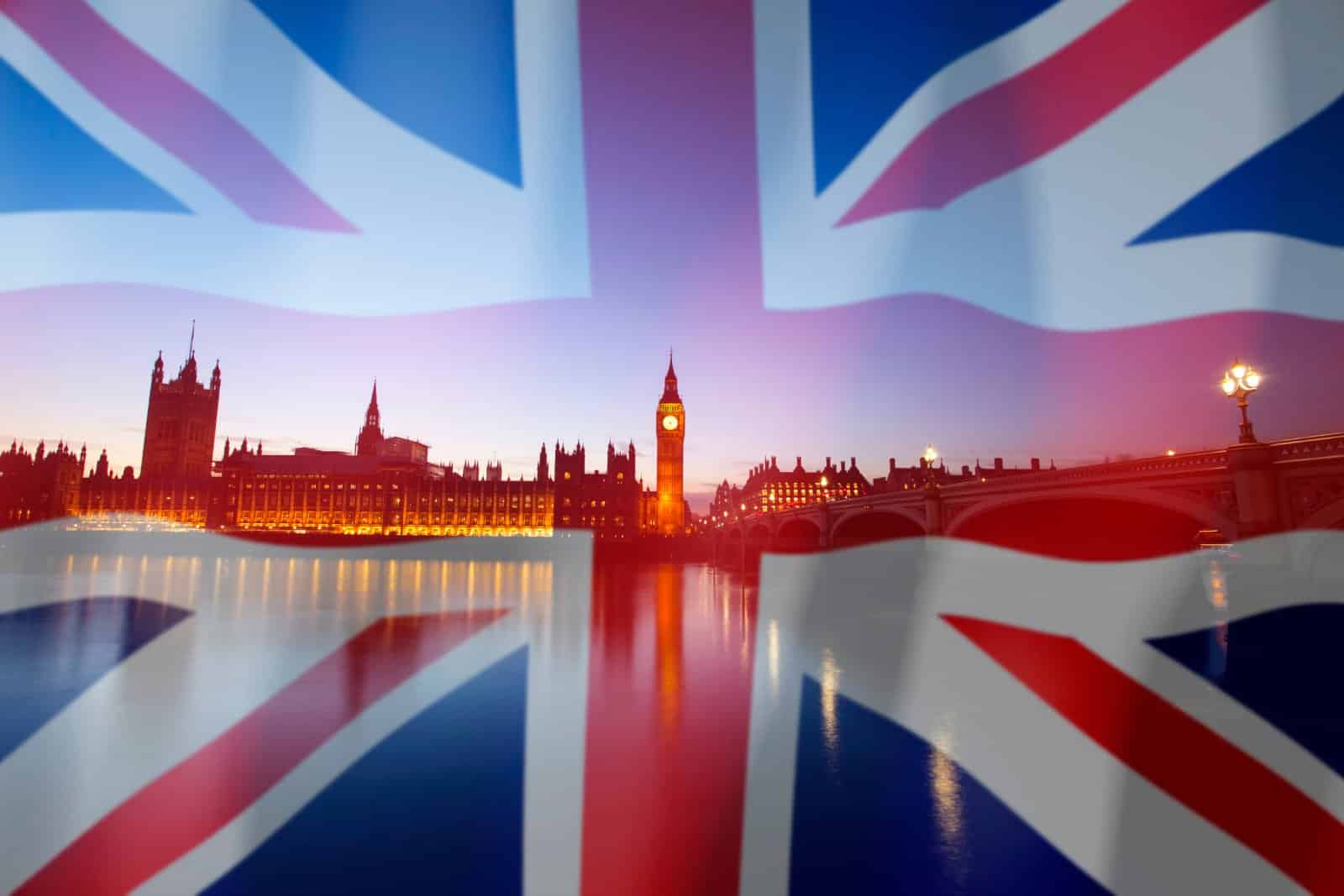
The public will want to see the words turn into action. Decades of mismanagement, increasing bills, increasing flooding, and now, increased sewage spills have left public confidence in the water companies at an all-time low. It’s time to see improvements.
The post Labour MP Advocates for Nationalising the Water Industry first appeared on Swift Feed.
Featured Image Credit: Shutterstock / Ian Dewar Photography.

